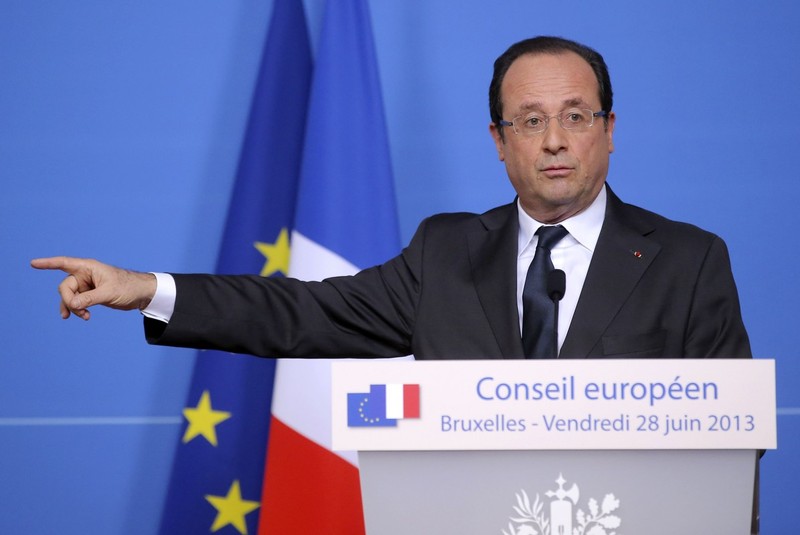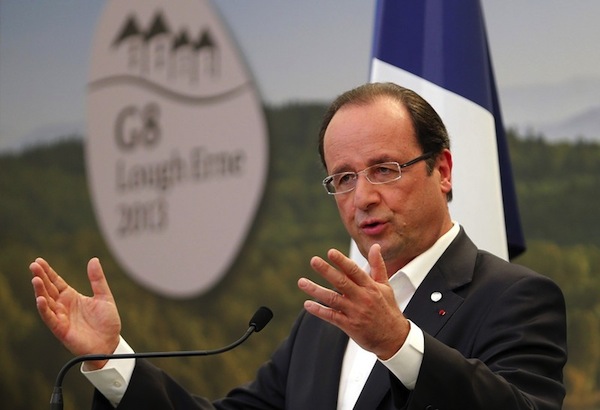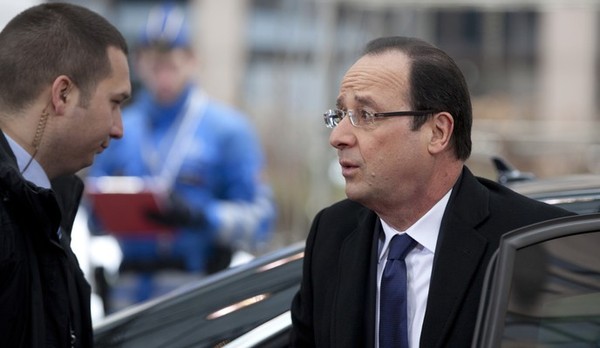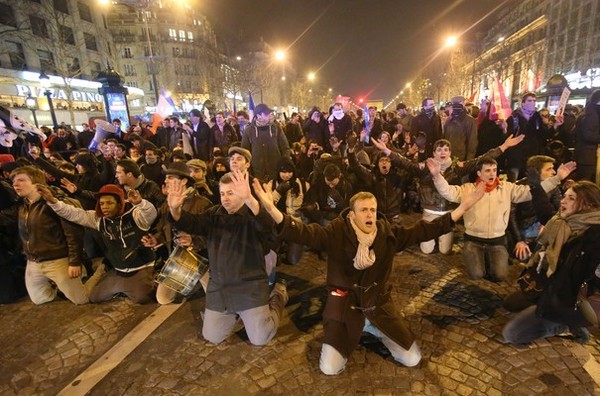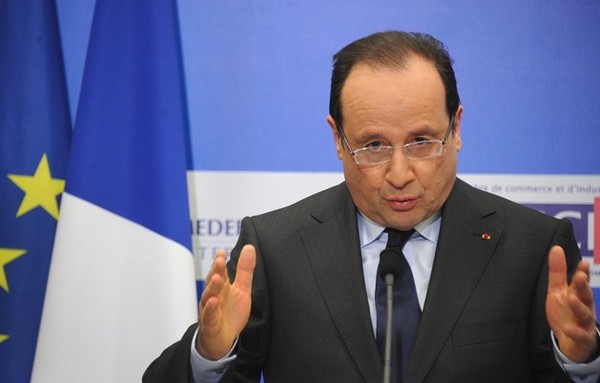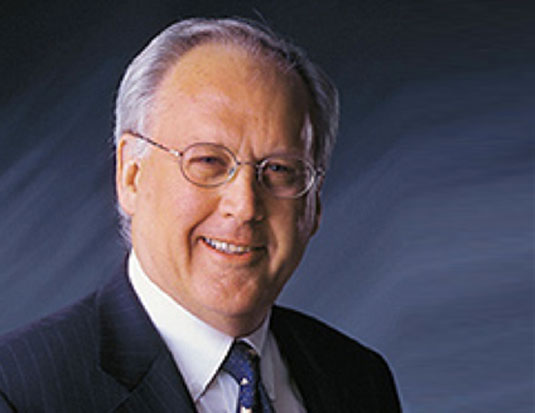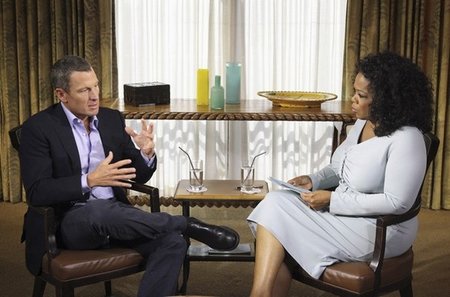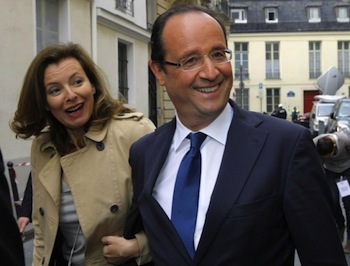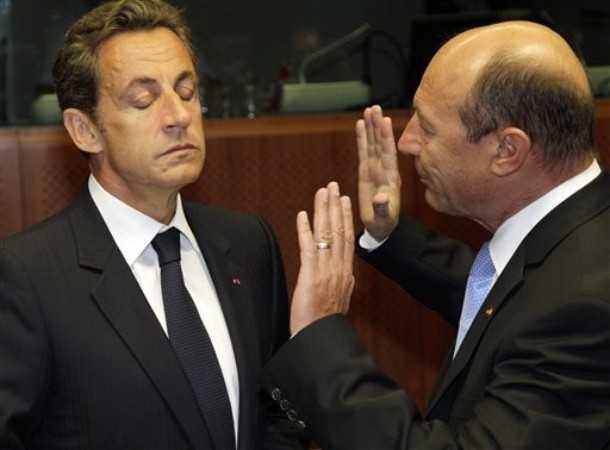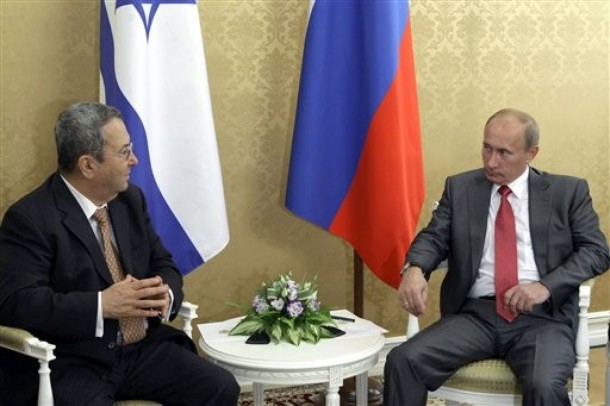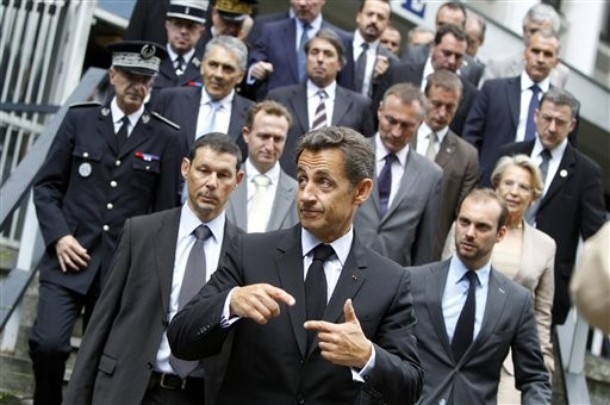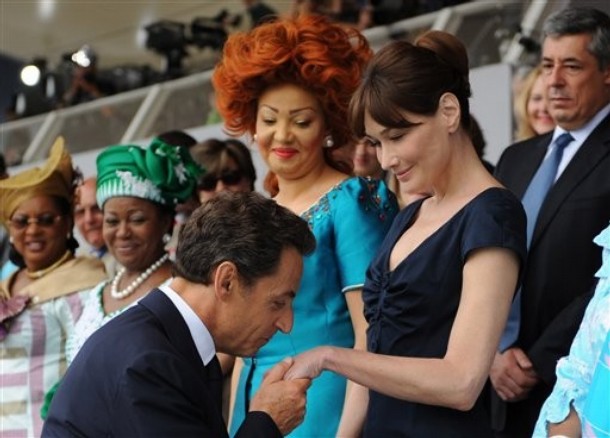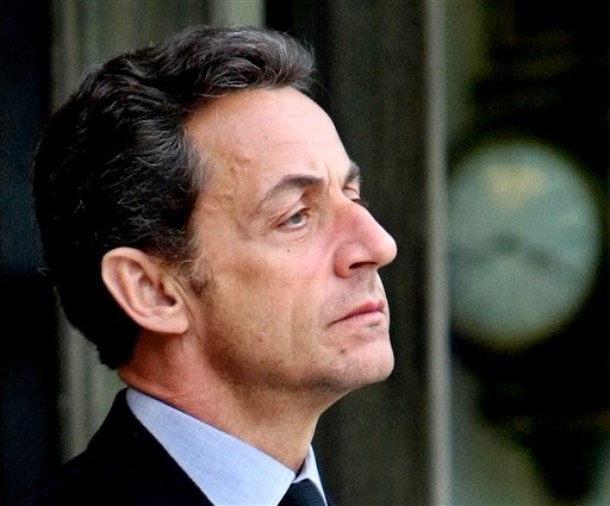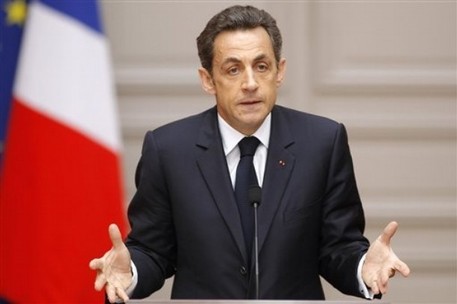The British Are Now the French
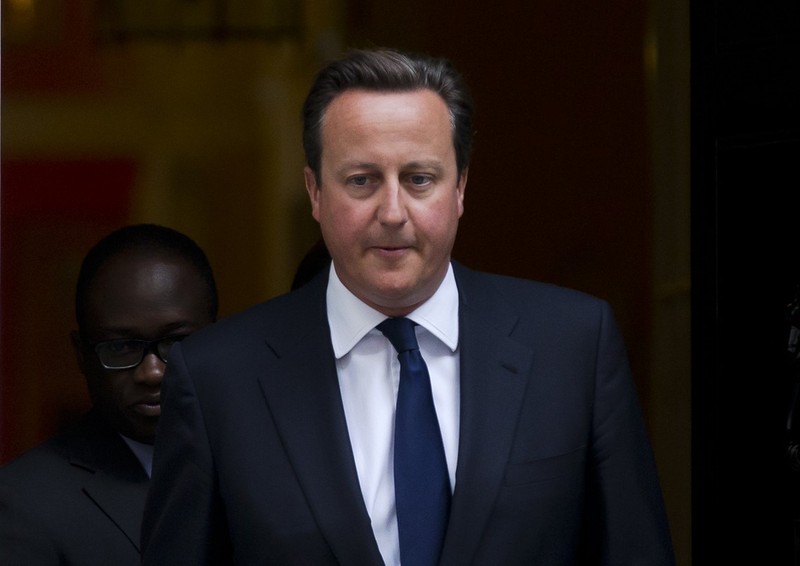
In a stunning turn of events, the British Parliament has defeated David Cameron's call for action on Syria. If the world goes to battle against the Assad regime, the UK will be watching from the sidelines. The BBC reports that Parliament was not in favor of military action, even if the UN confirmed the use of chemical weapons. The British Defense Secretary, Philip Hammond, believes that the bitter aftertaste of the Iraq War made MPs and the public skeptical of intervention.
There are two points to be made.
First, it is disheartening that the British Parliament is incapable of separating the past from the present. The Bush-Blair team is nothing at all like the Obama-Cameron team. Unlike the Iraq War, we actually have evidence that something horrible happened: Besides video footage depicting flailing victims, we have intercepted phone calls which indicate that somebody in the Assad regime is responsible for launching the chemical attack.
France, which opposed the Iraq War but acted unilaterally in Mali earlier this year, is preparing its military to attack the Assad regime in Syria.
What a role reversal. The British are the French, and the French are the British.
That leads to point #2. UK Prime Minister David Cameron was in charge of a fragile coalition with the center-left Liberal Democrats. With this failed vote on Syria, it's become crystal clear that he is unable to control his own Parliament. Unlike the American system, a Prime Minister must remain firmly in charge of the legislature. Otherwise, he is, by definition, completely ineffective as a leader.
Losing what may have been the most important vote of his premiership could be a fatal blow to Mr. Cameron's ability to continue governing. Thus, it is time for David Cameron to resign.
(AP photo)

